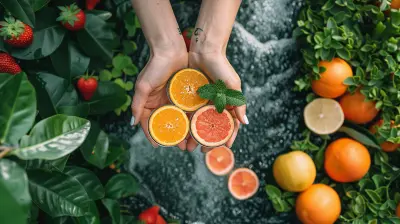Sustainable Morning Meals: Eco-Friendly Ingredients for Breakfast
31 October 2025
Ever open your fridge in the morning, stare at the options, and wonder if there’s a better way to kick off your day—one that’s not just good for you, but also for the planet? Yeah, me too.
Breakfast is one of those daily rituals that often gets overlooked when we talk about sustainability. But truth be told, what you put on your plate in the morning can have a pretty big impact on the environment. So why not start the day with choices that are nourishing and eco-conscious?
In this guide, we're diving deep into sustainable morning meals, and how simple ingredient swaps and smart choices can make your breakfast better for you and kinder to the Earth.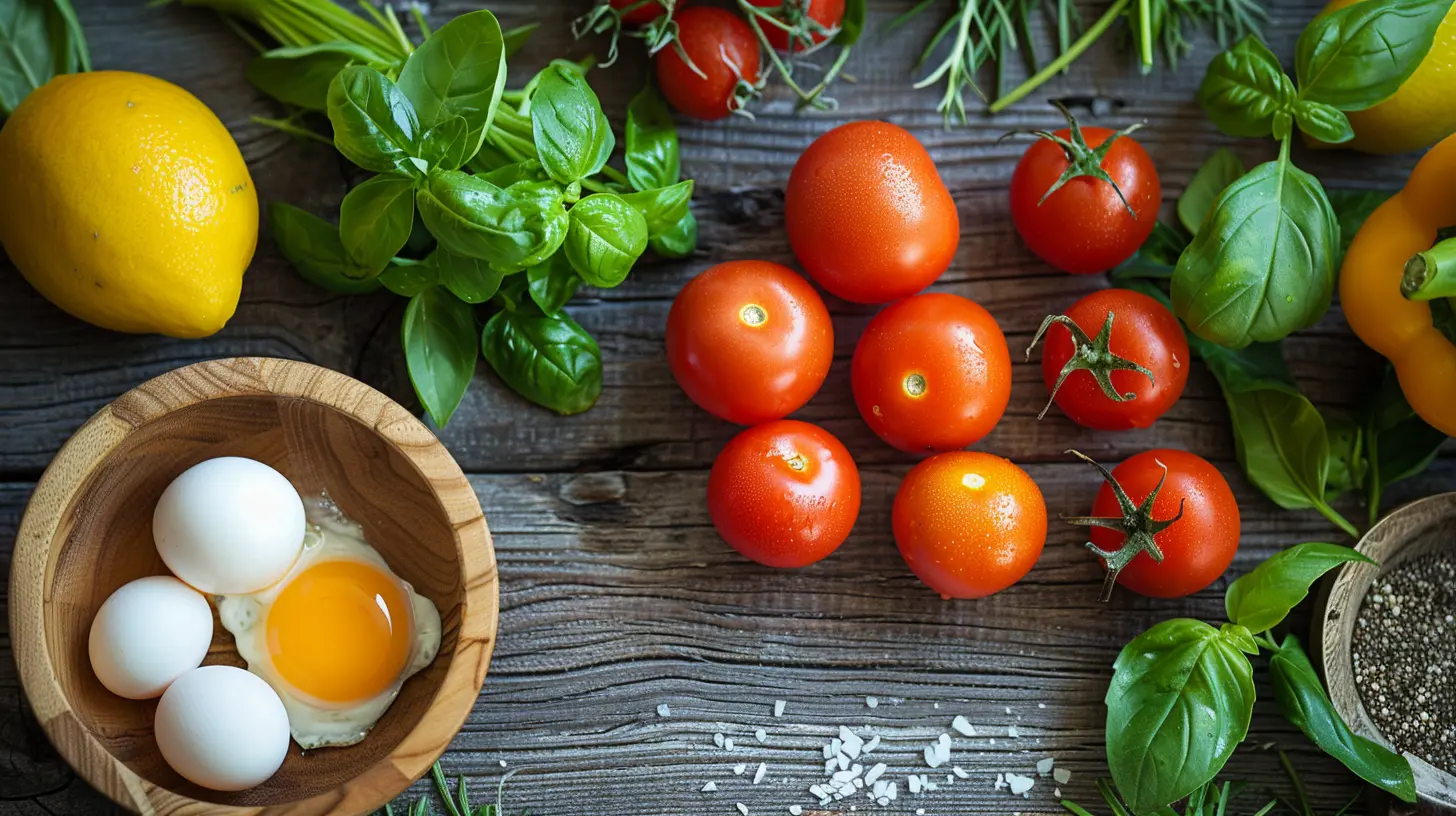
🌱 Why Go Green with Breakfast?
Before diving into the ingredients, let’s have a quick chat.We live in a world where food systems contribute significantly to greenhouse gas emissions, deforestation, and water pollution. So, every bite we take matters. Breakfast, being the first meal of the day, offers the perfect opportunity to set the tone—not just for your health, but for the planet too.
Sustainable morning meals are about:
- Choosing ingredients that require fewer resources to produce
- Reducing food waste
- Supporting local and organic farmers
- Cutting down on packaging and processed foods
Now let’s break it down—from pantry to plate.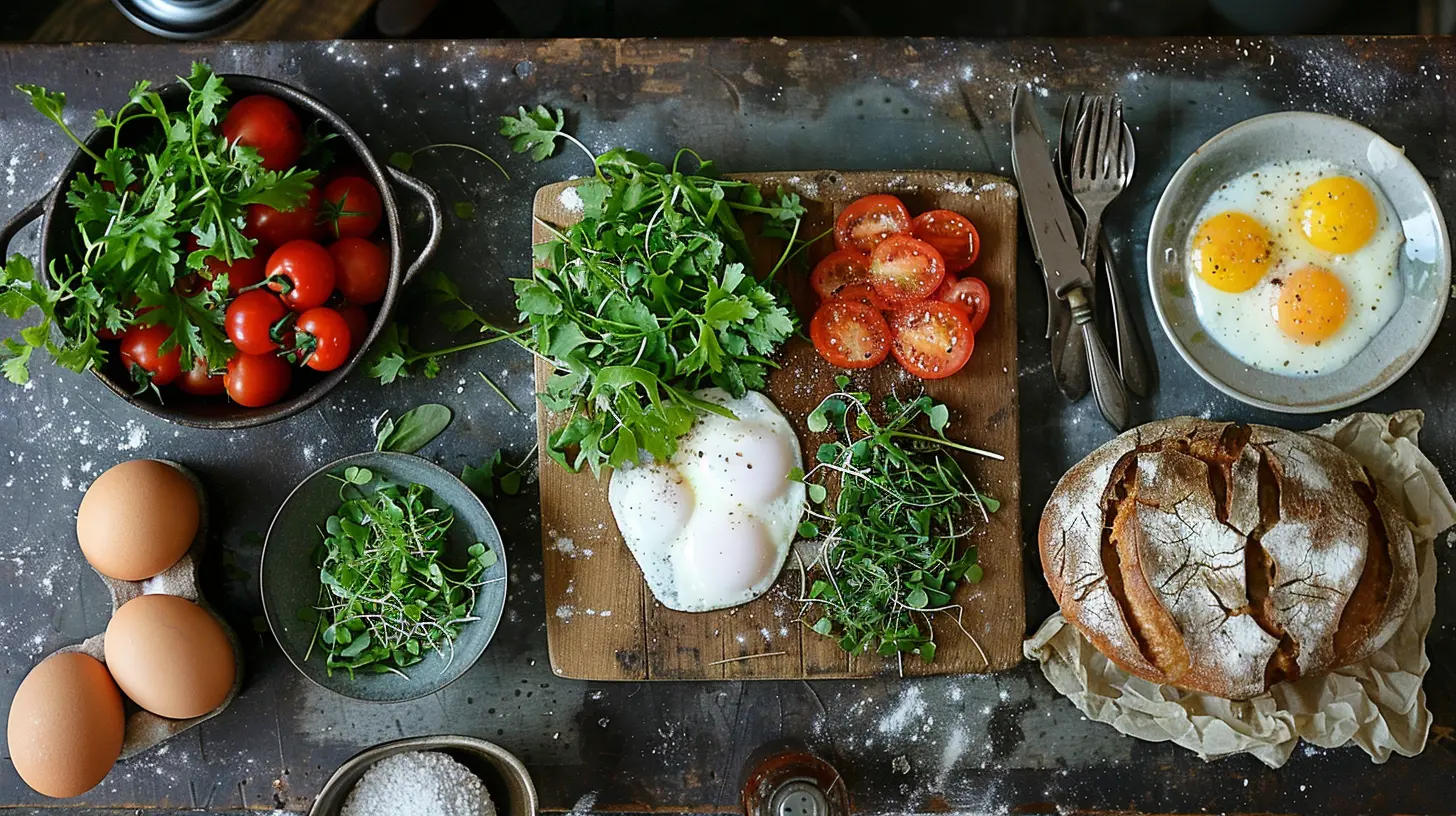
🥣 Top Eco-Friendly Ingredients for Breakfast
So what should be on your eco-conscious breakfast menu? Here’s a lineup of planet-loving superstars.1. Oats: The MVP of Sustainable Grains
If there were an eco-awards show, oats would take home the trophy. They’re insanely versatile, affordable, and kind to the Earth.Why they rock:
- Need less water than other grains (looking at you, almonds)
- Long shelf life = less food waste
- Can be bought in bulk (zero packaging wins!)
Try them in overnight oats, smoothies, or baked into muffins. Add fruits and nuts, and boom—you’ve got a zero-guilt breakfast.
2. Seasonal and Local Fruits
Imported strawberries in January? Not exactly planet-friendly.Eating with the seasons and buying local is a low-effort, high-impact way to reduce your carbon footprint. Local fruits don't have to travel thousands of miles to reach your plate, which means fewer emissions.
Pro tip: Visit your local farmer’s market on the weekend and stock up for the week. Bonus—you’ll support small farms and get fresher produce!
3. Plant-Based Milks (But Choose Wisely)
Swapping dairy milk for plant-based alternatives is more sustainable—but not all are created equal.Here’s the eco-ranking of common plant milks (roughly speaking):
- Oat milk (best all-around)
- Hemp milk
- Soy milk
- Almond milk (uses LOTS of water)
Oat milk is the top pick: low water usage, less land needed, and often produced locally.
4. Legumes and Pulses – An Unexpected Breakfast Hero
Think beans are only for lunch or dinner? Think again.Refried beans, lentil spreads, or chickpea-based scrambles (hello, vegan omelets!) can bring protein and fiber to your morning while staying green.
Legumes are nitrogen-fixers, meaning they enrich the soil naturally, reducing the need for chemical fertilizers. They’re sustainable superheroes in disguise.
5. Whole Grain Breads (Skip the Sugar and Packaging)
Look for bread made with whole, organic grains and minimal packaging. Better yet? Bake your own or buy from a local baker who uses compostable or reusable packaging.Mass-produced bread often contains hidden sugars, preservatives, and comes wrapped in plastic—not exactly eco goals.
6. Nuts and Seeds – Tiny Packages, Big Impact
Just a sprinkle of flax, chia, pumpkin seeds, or crushed walnuts can boost your breakfast nutrition and sustainability score. They're energy-dense, packed with healthy fats, and—when sourced responsibly—much lower impact than animal-based proteins.Just remember to buy nuts and seeds from sustainable sources. Skip those processed trail mixes in excessive plastic packaging.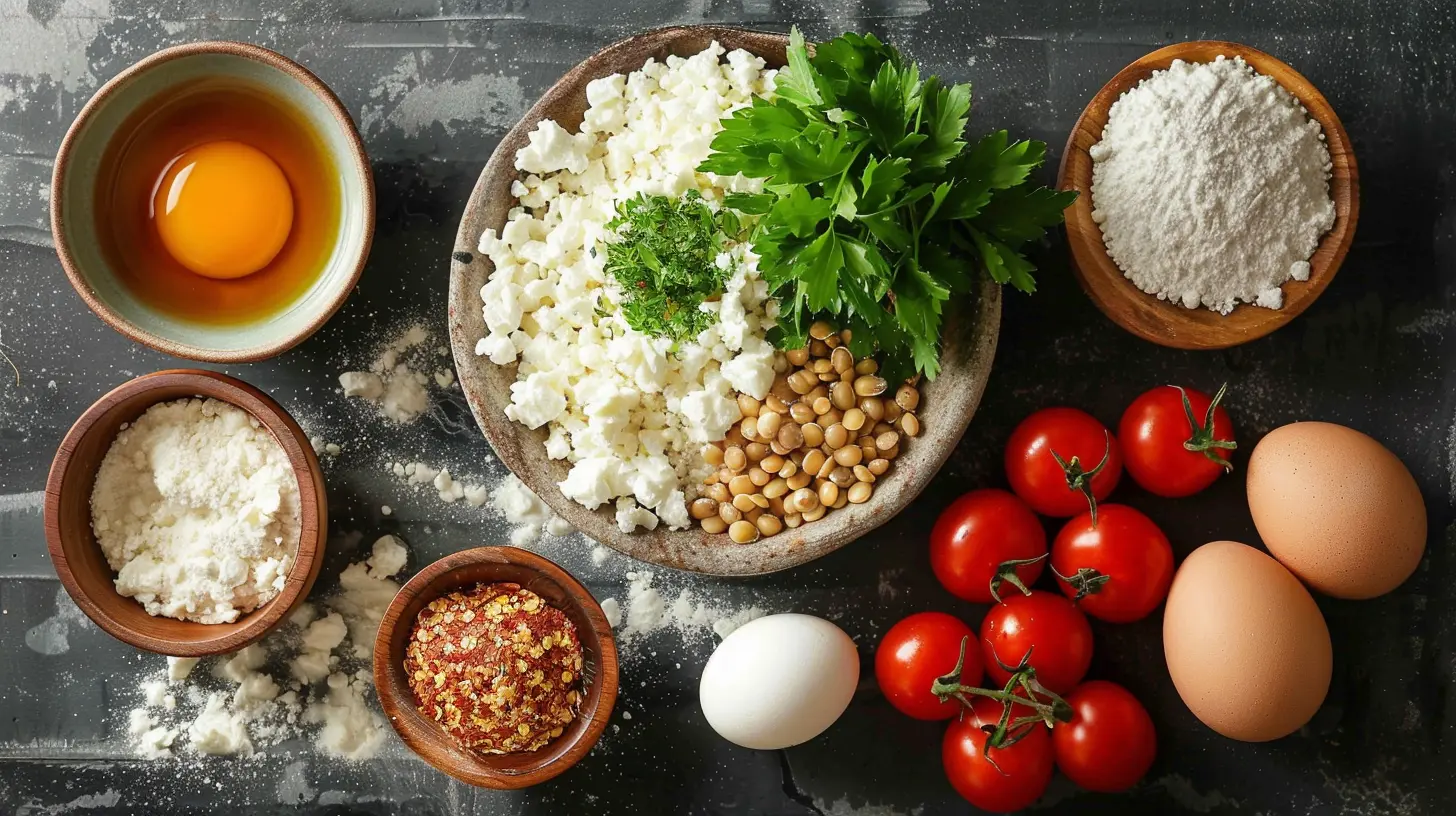
🍳 Sustainable Protein Choices for Breakfast
Let’s talk protein—the macro nutrient that keeps us full and focused.🥚 Local, Pasture-Raised Eggs
If you eat eggs, go for pasture-raised from small, local farms. These eggs come from chickens that live happier lives and have a lower environmental impact than factory-farmed alternatives.Look for:
- Local sourcing
- Reusable cartons
- Organic or pasture-raised certifications
🧄 Tofu and Tempeh
Made from soybeans, tofu and tempeh are vegan powerhouses. And when compared to the resource-heavy meat industry, they come out miles ahead in sustainability.Pro tip: Choose tofu brands that use organic, non-GMO soybeans—bonus points if they package in recyclable materials.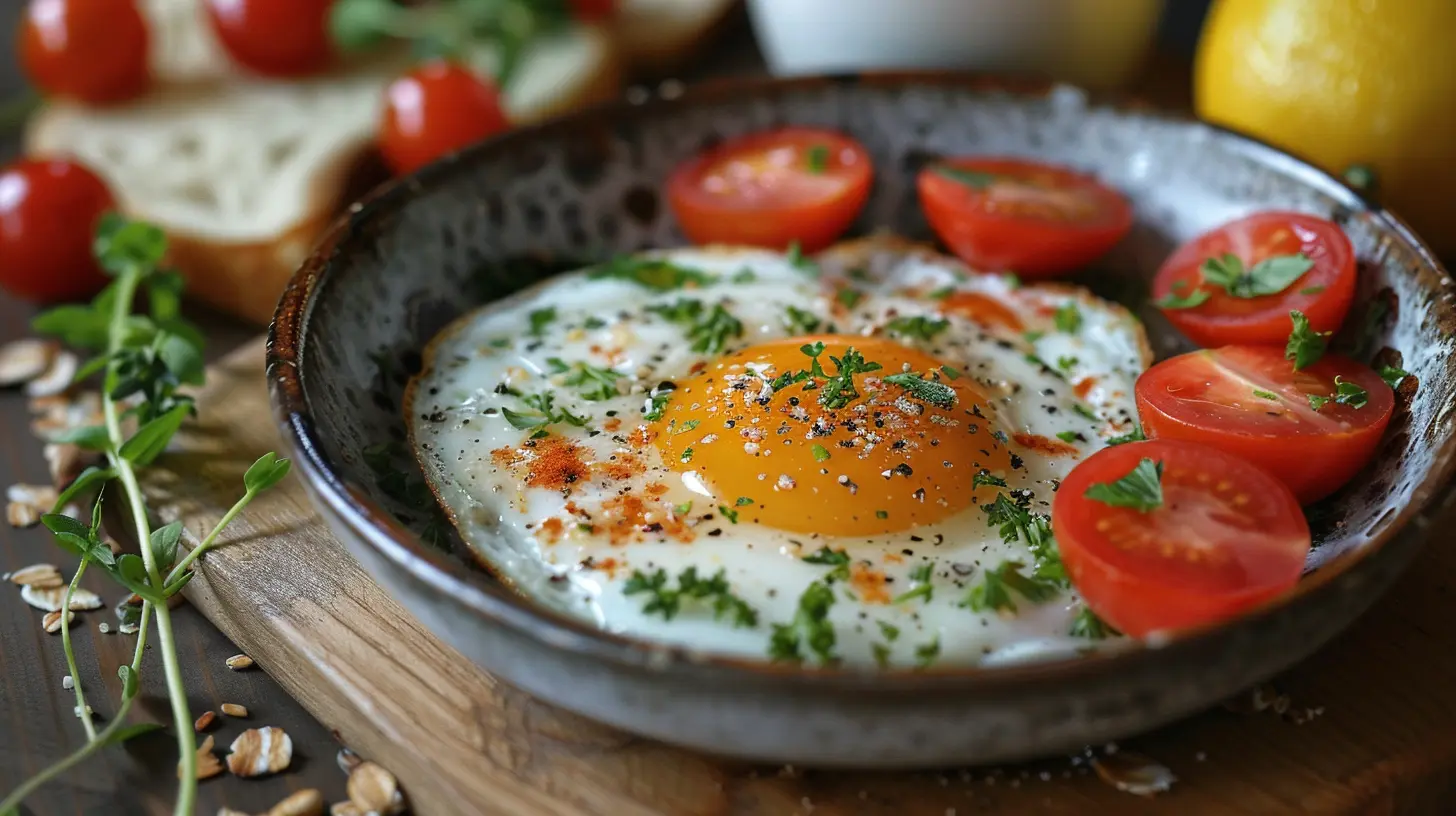
🍯 Sweeteners that Don’t Cost the Earth
We all love a little sweetness in the morning, but sugar production is a major environmental offender.Here are some sweeter, greener options:
- Maple Syrup: Sustainably tapped, especially when sourced from local farms.
- Raw Honey: Support local beekeepers (and those vital pollinators).
- Date Paste: Made from blended soaked dates—minimal processing, no packaging waste.
Skip those highly processed syrups and sugar sachets. Nature’s got you covered.
🥡 Reducing Food Waste in the Morning
Here’s the deal: sustainable eating isn’t just about what you do eat—it’s also about what you don’t throw away.Simple Habits To Cut Morning Waste:
- Use produce scraps: Apple peels? Toss them into a smoothie. Banana too ripe? Banana bread time!- Plan ahead: Know what’s in your fridge and build your breakfast around it.
- Compost breakfast scraps: Eggshells, coffee grounds, citrus rinds—all compost gold.
You’ll be surprised how much food (and money) you save with just a little breakfast planning.
☕ Sustainable Coffee and Tea Habits
Let’s be honest—breakfast isn’t complete without a warm cup of something.Coffee Tips:
- Buy fair-trade, organic beans- Use a French press or reusable filters
- Compost used grounds
- Skip the plastic pods
Tea Tips:
- Loose-leaf > tea bags (yes, many tea bags have plastic!)- Choose organic, fair-trade teas when possible
And remember: reusable mugs and thermoses are your best friends. Ditching disposable cups is one of the easiest eco-upgrades you can make.
🛒 How to Shop Sustainably for Breakfast
Let’s connect the dots—shopping smart is half the battle.Here’s How to Win at Eco-Friendly Grocery Runs:
- Bring your own bags and containers- Shop in bulk sections
- Choose glass, canned, or paper packaging over plastic
- Read labels – Know what’s in your food and where it came from
Stick to the outer aisles of stores for whole, less-processed foods. Skip the center aisles packed with sugary cereals in loud, wasteful boxes.
🧑🍳 Quick & Sustainable Breakfast Ideas
Need inspiration? Here are a few breakfast ideas that are green and great.Sustainable Smoothie Bowl
- Base: Frozen banana, local berries, oat milk- Toppings: Homemade granola, flax seeds, coconut flakes
Chickpea Scramble Wrap
- Sautéed onions, tomatoes, and mashed chickpeas- Wrapped in a whole-grain tortilla
- Add avocado or tahini for extra flavor
Zero-Waste Oatmeal
- Oats, water, cinnamon, and chopped apple (skin on!)- Sweetened with mashed dates
- Add walnut crumbs and chia
Fast, filling, and planet-approved.
🌍 The Bigger Picture: Why Your Breakfast Matters
It’s easy to think, “It’s just breakfast—how much difference can one meal make?”But let’s zoom out.
If millions of people made smarter breakfast choices—like eating less meat, using fewer plastic-packaged foods, and buying local ingredients—the cumulative impact would be staggering.
Sustainable morning meals are a small habit with a big legacy. And as any great journey starts with a first step, building a greener day starts with your first bite.
📝 Final Thoughts
Breakfast sets the tone for your entire day, right? So why not let it reflect your values? Making sustainable breakfast choices doesn’t mean sacrificing taste, convenience, or that cozy feeling you get from a warm, hearty meal.It simply means being mindful of what goes into your body and what that means for the planet.
So tomorrow morning, pause before reaching for the usual. Ask yourself: Is there an Earth-friendlier choice I can make?
Chances are, there is—and your body (and the planet) will thank you for it.
all images in this post were generated using AI tools
Category:
Healthy BreakfastAuthor:

Laura Hudson
Discussion
rate this article
1 comments
Rhett Thompson
Who knew saving the planet could be as easy as swapping regular oats for eco-friendly ones? Just remember, a ‘sustainable breakfast’ doesn’t mean eating yesterday's pizza topped with kale. Unless it’s really good pizza!
November 24, 2025 at 4:45 AM

